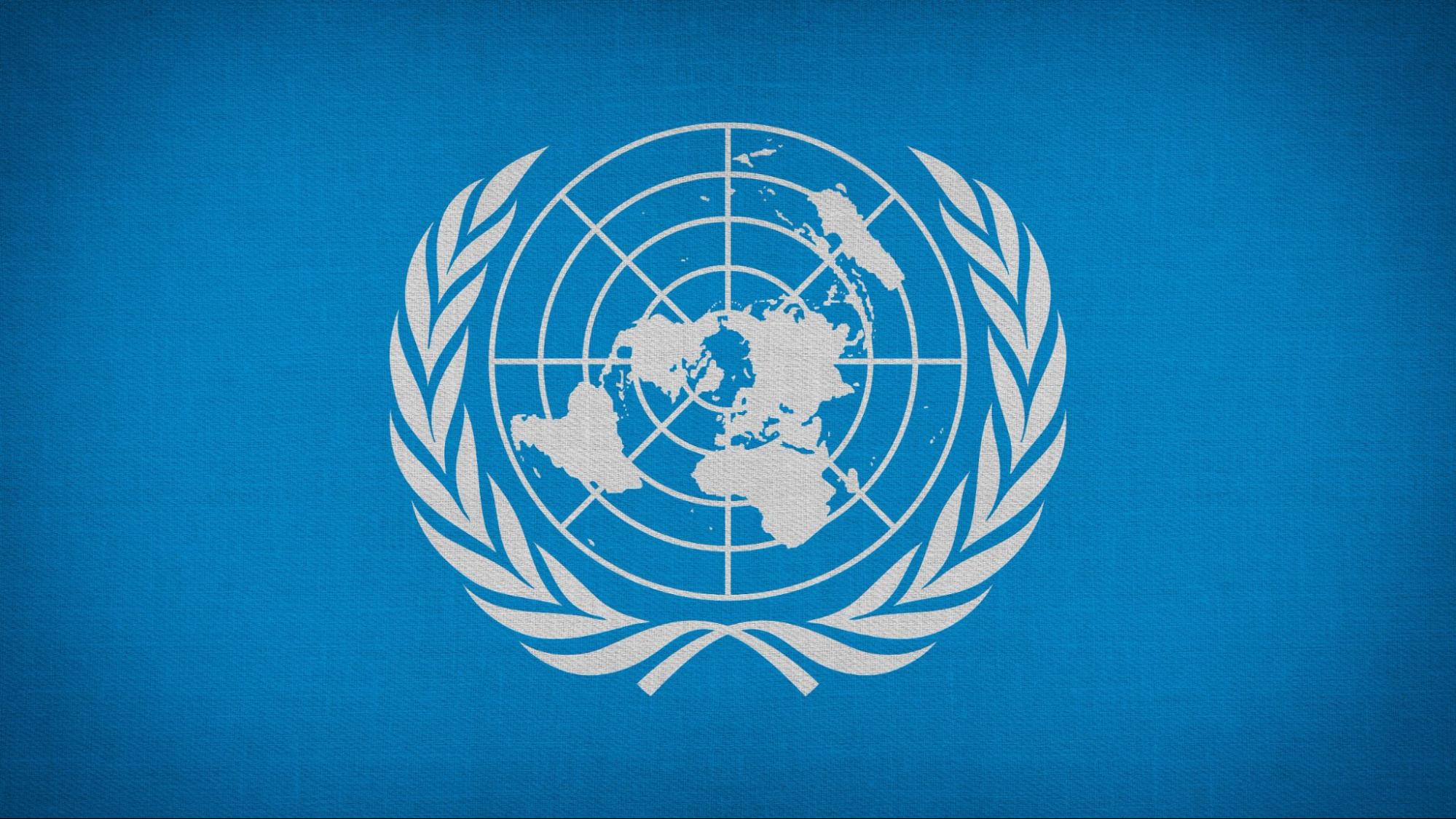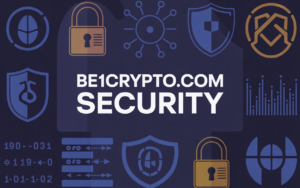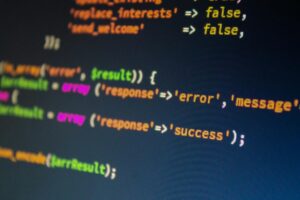The United Nations Development Programme announced it will train government officials from selected countries in blockchain tech, with full deployment of solutions expected by 2026. The new academy will begin operations in a few weeks and select four governments to work with, according to Robert Pasicko, who leads UNDP’s financial technology team, AltFinLab, speaking from UN offices in Copenhagen.
This records a big turn from the UN’s internal training efforts that already reached 24,000 staff members across three UN agencies. Research conducted by the UNDP found 300 potential use cases for governments willing to adopt blockchain technology, ranging from identity systems to transparent government spending tracking.
Banks Bring Blockchain into Everyday Finance as Global Transfers Surpass $1 Trillion Daily
Banks are already using blockchain to handle a growing share of international transfers, moving money in minutes instead of days and cutting billions in yearly costs. The system now anchors much of global settlement and compliance, setting a standard for speed and transparency that government systems are still struggling to reach.
UNDP’s new academy aims to close that gap by teaching civil servants how to design and implement systems that can communicate across departments, with the focus on online finance, transparent governance, supply chain integrity, climate resilience, and identity solutions, each targeting failures in public administration.
The program will pair government teams with companies such as the Ethereum Foundation and Stellar to help them design and deploy working blockchain platforms for public services.
Pressure to modernize is building as the blockchain market races toward $1.8 trillion by 2034, and any delays could mean missing out on both profits and savings. With institutional investors pouring money into the field and the global crypto market cap well above $4 trillion, seasoned traders are on the lookout for new cryptocurrencies to watch as government adoption could trigger the next bull run.
Analysts tracking institutional flows say the next phase of blockchain expansion will depend on how effectively public and private systems integrate, a point already shaping UNDP’s partnerships and setting the stage for its upcoming rollout.
From Copenhagen to Singapore: Building a Global Network
The idea for a UNDP-led blockchain advisory organization was discussed during a UN general assembly in New York attended by 25 of the top blockchain companies. These partnerships mean governments won’t just get theoretical training – they’ll work directly with the companies building the infrastructure. Work on the program begins late 2025, with the first rollouts set for 2026.
The response from UN staff shows huge demand for education – the first-ever Blockchain Academy tailored for the UN ecosystem received 641 applications from 134 countries, with 500 applicants selected to participate.
UNDP’s Blockchain Academy Enters the Implementation Phase
Unlike many international initiatives that end at the pilot stage, the Government Blockchain Academy focuses on actual implementation – government teams will move from classroom sessions into real project development, supported by UNDP experts and partner organizations through each step of system design and integration.
The program works on online modules, regional workshops, and leadership forums to help officials translate technical concepts into operational tools for areas like payments, procurement, and identity management.
Pasicko noted that the UNDP already works with Decaf, which provides blockchain-based access to online payments for communities without traditional banking. These early results are shaping the academy’s rollout, showing how blockchain can move beyond experimentation and become part of a functioning public infrastructure network.










